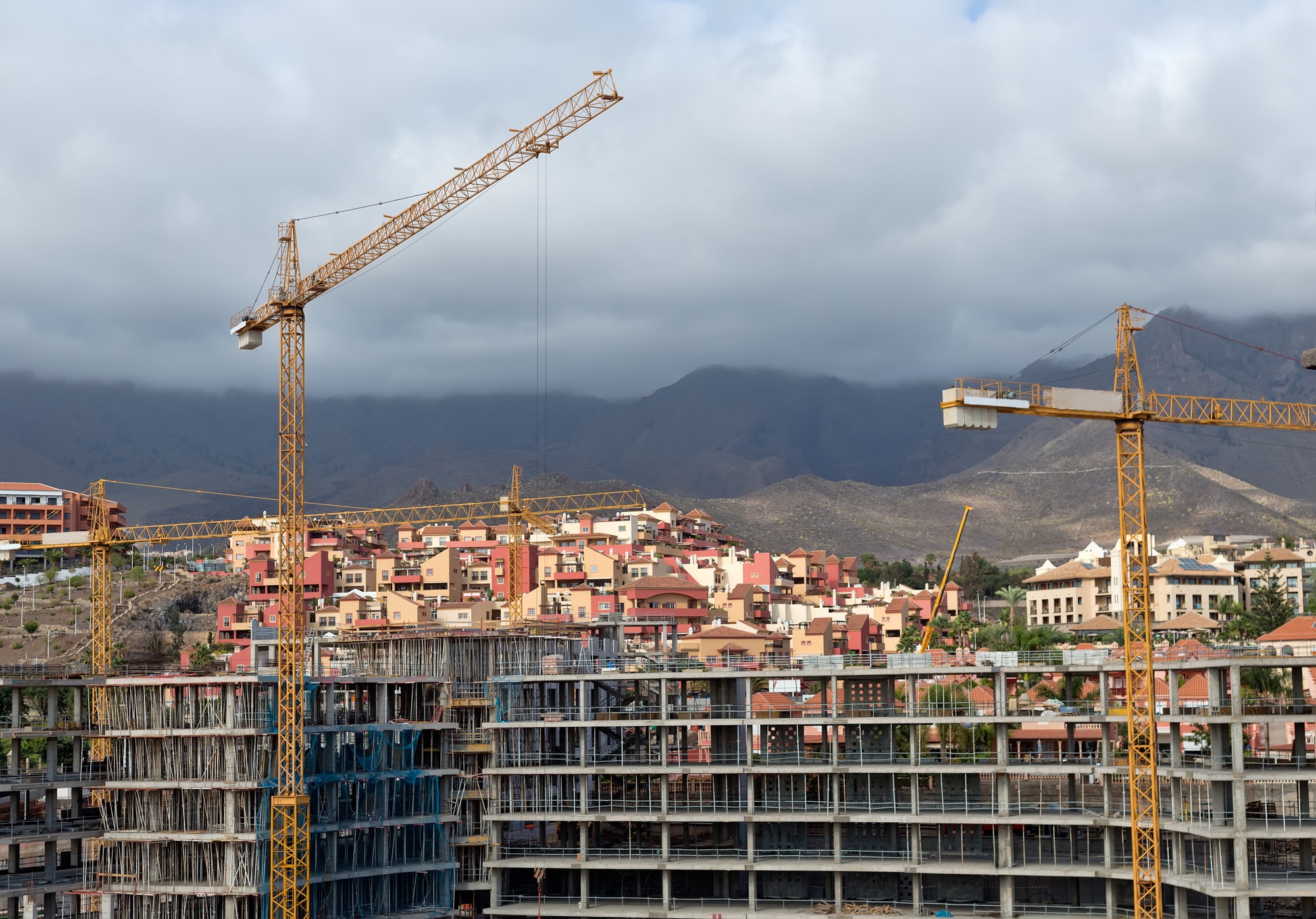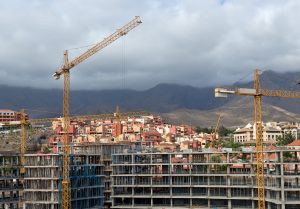

Increasing the volume of public rental property is vital
Spain’s new government are expected to put the entire property market under the microscope, with the current rental problems taking a priority.
It is, without a doubt, the biggest challenge in the housing market at the moment and has its origin in the growing imbalance between high demand and low supply. This has, of course, resulted in increasingly higher prices, especially in large cities and tourist hotspots, in a general context of almost frozen wages.
To confirm the problems we need look at only a single indicator: up to 75% of individuals who have rented or tried to rent a house as tenants in the last twelve months said the price was the main problem encountered.
The easy answer to this problem would be to increase the supply of rental housing to ensure that prices begin to correct. The questions is how to do that, and there doesn’t appear to be a simple answer, according to a report from fotocasa.
On the one hand, a firm and long-term commitment is necessary for the creation of a large public housing increase for which time and resources are required. This is an issue that virtually all political parties have included in the election manifestos.
Price Limits
One option mentioned by previous governments, is in respect of introducing price caps to rental properties. But this is complicated and would be very difficult to plan with prices across the country varying greatly.
In addition to limiting rental prices, which in some cases could lead owners to pull their property from the rental market, there is another more important problem: the limited supply. There are two possibilities when it comes to fixing that problem.
Spain has a public rental housing volume well below the European average. A long-term commitment is required from administrations to increase the amount of available public rental property and manage them at affordable prices. This would act as an immediate “brake” on the upward trend of prices in the private rental market. Of course, it is an expensive measure that would require the cooperation of public and private initiatives, but it would lay a solid foundation in the leasing market to ensure access to housing. It would also create a permanent tool available to administrations to cool the market when it became necessary. If this process is to move forward and needs to free land for new developments, if must be done carefully to avoid past mistakes.
As that could be a costly and time consuming process, the other option is to incentivise owners in the private sector. To do this the government can offer fiscal benefits. For example, tax deductions on rental incomes when the tenant is under 35 years old since this age groups is the one struggling the most to find a home. Reduced municipal taxes such as IBI could also be offered to landlords. Support could also be offered in situations where a tenant causes problems, damages property or defaults on rental payments. Support is currently lacking in this regard.
Sustainable Market
Although the necessary and urgent commitment is to rental property, home ownership also has its own challenges that deserve to be addressed. Firstly, because it is still the preferred option when looking for a house. But also because of the economic importance of the construction sector, whether in new-build property or in reformation of used housing.
Although the objectives of transparency and protection for the client included in the new mortgage laws are commendable, its entry into force last summer did put a brake on buying and selling activity. Because of this, it is important to recover the momentum as soon as possible through public initiatives and, in this sense and in the face of the growing demand for new property ownership, it would be helpful if the public administrations were to start by making it easier to make land available.
To avoid past mistakes, “land liberalization” (which is also necessary for the purpose of allocating them to rental housing) must be done wisely and with the appropriate evaluation of each case.
Climate Emergency
And, while we are talking about challenges, we cannot ignore the biggest challenge facing the planet: the climate emergency, a question about which the real estate market also has a lot to say.
2020 has been marked by the EU as the year that newly built homes should have almost zero energy consumption. Whether these homes are for rent or for sale, the sector will need the support of the administrations for the changes that are coming.
In short, solving residential rental needs, providing stability to the sales market so that it recovers vigour and commitment to sustainability in new construction and reformations are the three major challenges for the new government in housing.










